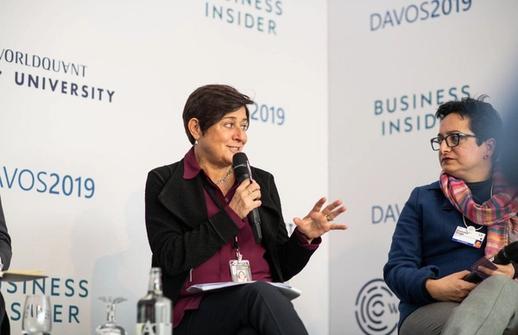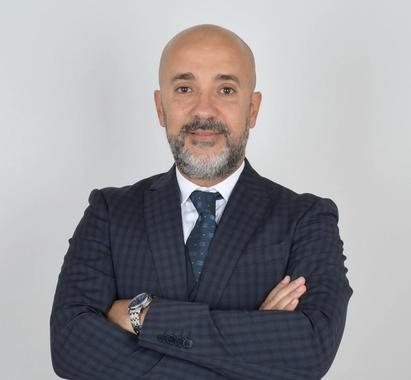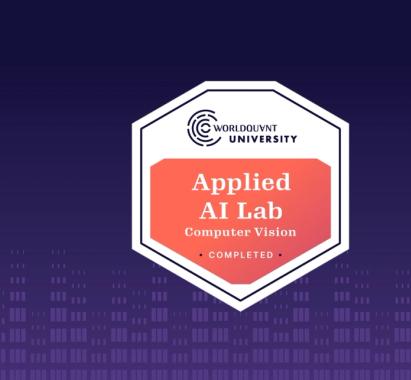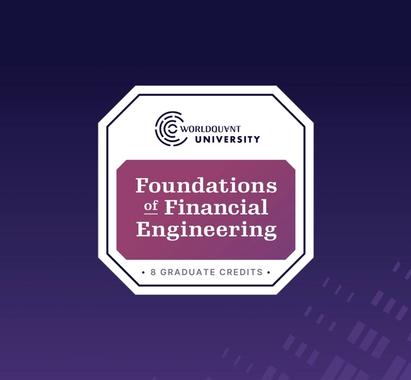Creating a Future Proof Workforce with WorldQuant University CEO Daphne Kis

Daphne Kis, WorldQuant University’s CEO, recently joined a panel hosted by Business Insider focusing on how we can futureproof the workforce. Joining her on the panel were Shamina Singh, President of the Mastercard’s Center for Inclusive Growth, and Ahmed Mazhari, the Chief Growth Officer at Genpact.
The discussion was part of WorldQuant University’s participation at the World Economic Forum in Davos earlier this year, which focused on the Fourth Industrial Revolution. How we prepare our companies and workforces for coming technological innovations will have a major impact on the future of the economy and social progress. And it’s important that we make sure those opportunities of the new economy are available to as many people as possible, and that as many people as possible can participate in the benefits of those changes.
Daphne emphasizes that WorldQuant University’s very mission is built on recognizing these challenges and empowering a future workforce that can be recruited, trained and employed globally. She notes that collaboration has become one of the cornerstones of the University’s platform:
“One most satisfying aspects is to have a student in Senegal collaborating with a student in Singapore around a data science project, and we're finding that people are not only getting exposed to each other culturally, they're learning to collaborate. And they're also further understanding that that's what work looks like in the future and they are motivated.”
Key to futureproofing the workforce, Daphne argues, is distinguishing it’s not simply about skills, but rather a lifelong commitment to development.
“I think we have to distinguish the skills from the talent,” she says. “To me, the notion of talent is the capability. We talk about certain domains where you have to have some level of quantitative proficiency in order to be successful, but at the end of the day, the future proofing is about identifying those people and those leaders who understand lifelong learning, understand that they need to continue to develop their skills, understand that they need to work with other people and that global companies are expecting that of their employees increasingly.”
You can watch the full discussion here.



